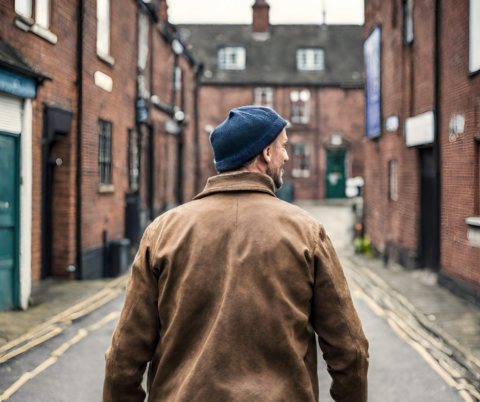The Guardian newspaper recently published an article in conjunction with Crisis. They expressed their concern that England is unlikely to reach the Governmental target of ‘ending rough sleeping’ by 2024. The article highlights the fact that rough sleeping seems to have been left on the back burner of priorities, whereas it was seen as a public emergency to deal with during the pandemic. You can see the full article here.

The Cost in Living Crisis, among other factors, has led to the reverse in progress that has taken place in past years. Now more than ever it is so important that the government are listening to what we have to say. As a charity on the front line of homeless prevention we can see this growing crisis.
It seems that across the country, the majority of intervention by the Government seems to come when individuals are at the point of crisis. There are many complex and individualised elements which combine to cause homelessness and these are all factors which need further attention. Mental health services are powering through the surge in demand that they are facing, whist councils are unable to supply housing to more and more individuals in need. Continuous and consistent governmental support for these areas is the only way to avoid the cycle of homelessness reoccurring.
At Nomad, over 70% of the clients we support suffer with their mental health. The extent of the mental health issues are worsening too. This is evidence that a holistic approach to funding all the factors which lead to homelessness, would be a more efficient way for striving to end rough sleeping.
The stance that we take at Nomad is a realistic one. We know that homelessness has been a social issue which has always been prevalent in society and will probably continue to be in the future. However, we believe that with the right support, the effects can be mitigated and life’s can be changed. As a service, we need to ensure that we can support vulnerable individuals throughout their time of need, not just at breaking point. The government may not help us to achieve this, but you certainly can.




